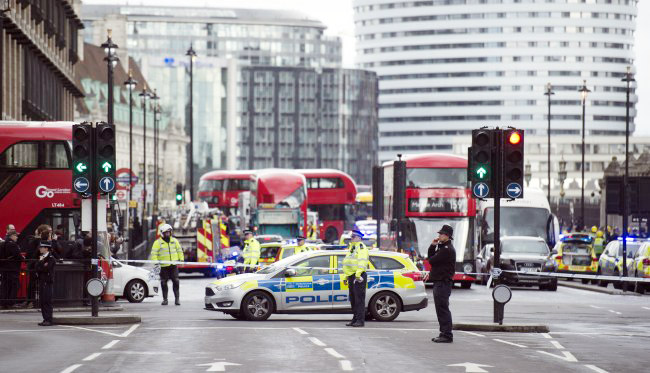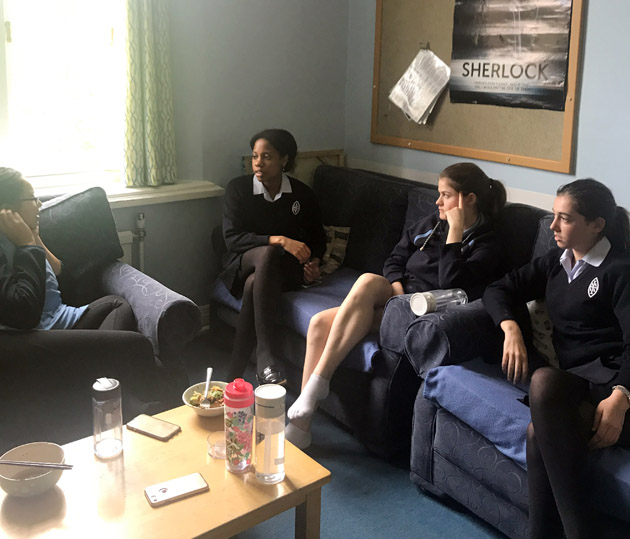On 22nd May 2017, suicide bomber Salman Abedi detonated an explosive device at pop-star Ariana Grande’s concert in Manchester. Among the 22 innocent people who died, there were girls as young as fifteen, fourteen and even eight years old. The travesty of the attack was ubiquitous in the English society, headlining every single newspaper in the country.

http://www.koreaherald.com/view.php?ud=20170323000711
All citizens in the UK are heavily influenced by the actions of terrorists who continue to threaten the lives of innocents. Between March and June, there have been two major terrorist attacks: the Westminster Attack on the 22nd March and the Manchester attack on the 22nd May. It was especially distressing for those in Wycombe Abbey at the time of the Westminster attack for Westminster is a large sector of London where many of the pupils live and visit frequently.
However, the reaction of the school community to the attack was inadequate to its gravity. Despite the threat that we are faced with everyday and the impact that the terrorists have on our daily lives, the only reaction to the Westminster attack was a chapel service dedicated to those who were affected by it. The same occurred for the Manchester attack - a prayer and a moment of silence for those who were torn by such a tragic event. These actions seem passive. Yes, commiserating those who were affected by the attack is an obligatory part of the reactionary process. However, without denigrating this aspect, it is also imperative to understand how to take action against these terrorist attacks through education in schools.
Ariana Grande, the singer who was performing at the concert of the Manchester Attack personally wrote on her Instagram: ‘the only thing we can do now is choose how we let this affect us and how we live our lives from here on out’. It is up to us how we react to these attacks and learn from them. We should take action instead of helplessly mourning for those who are hurt, remaining vulnerable to the terrorists who will discharge more weapons at innocent people in the future.
The issue of combating terrorism goes far beyond any high school student’s reach; this is where the governments of various nations come into picture. Fighting terrorism is rooted in longstanding religious differences and cultures among various countries in the world. As building meaningful and effective allies with the Arab world is a task for higher authorities to achieve, a discussion on this issue took place on a smaller scale in the Wycombe Abbey school community. On the issue of terrorism in the UK, Yolanda Quartey and Ava Hedley-Miller said: “what has been happening is an absolute tragedy, and it is really easy when you’re not affected by these attacks to brush over it. The school should, instead of briefly mentioning the attack in passing, encourage students to actively take part in organizations that help the religious groups ameliorate this longstanding international tension.”

It is integral that even small communities such as an all girls’ school such as mine present an avid interest in terrorist attacks to raise awareness in a more macrocosmic sense in the future.

Sunny Oh
Year 11
Wycombe Abbey School

